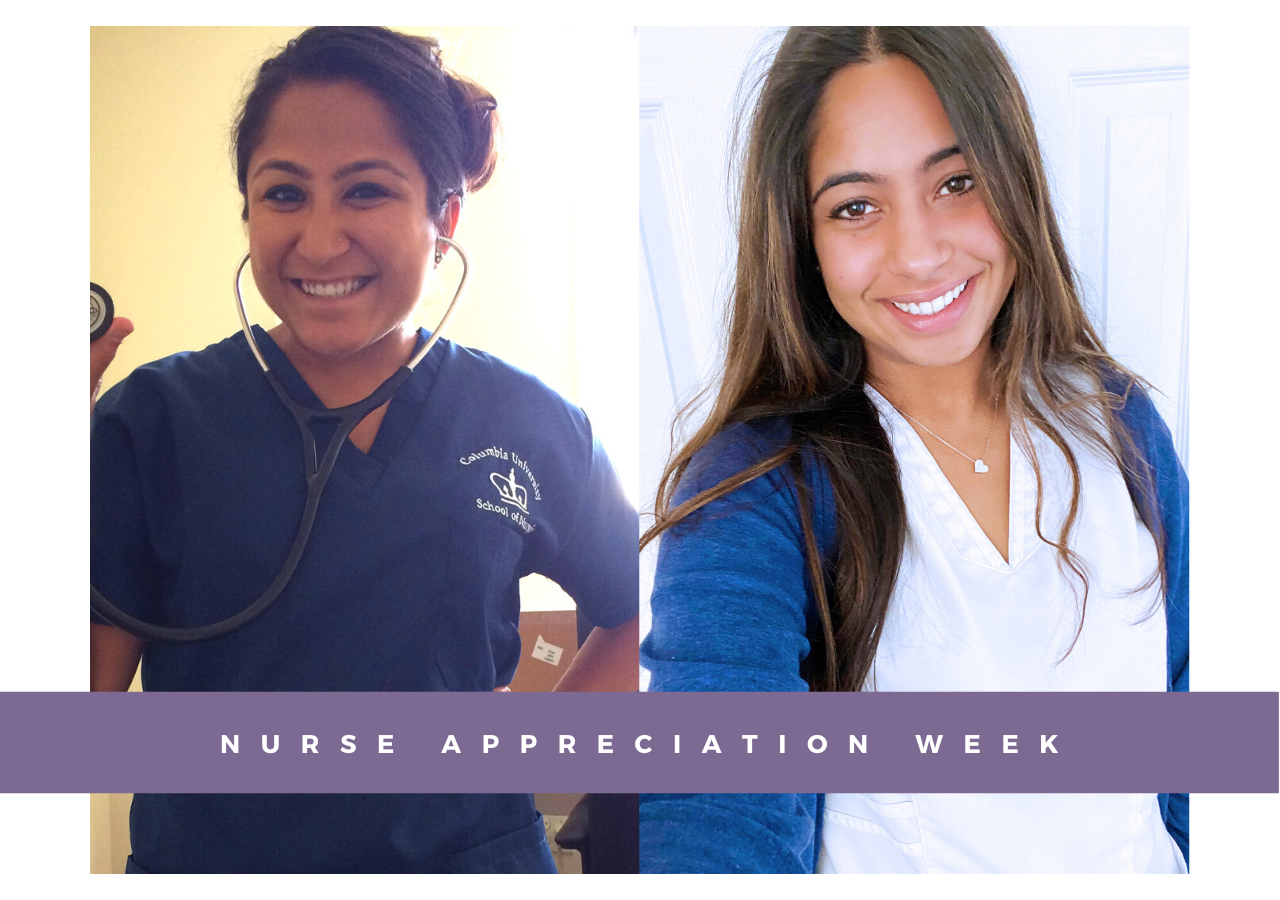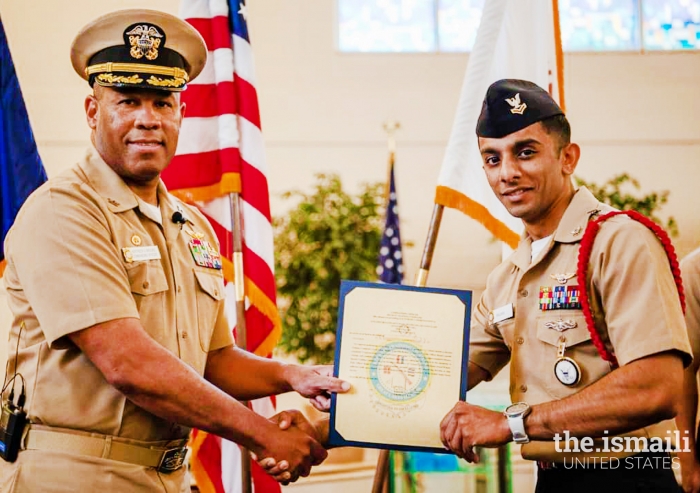“It’s almost like a war zone in the hospital these days. People are coming in and we are losing them every minute. It’s sad and it’s very traumatizing to be in that environment. But I feel like it’s my duty to give back. I’m not afraid of the virus.” An eye-opening and brave statement by nurse Shazia Mitha.
The World Health Organization has designated 2020 as the Year of the Nurse and Midwife. It is also the 200th anniversary of the birth of Florence Nightingale, considered the founder of modern nursing. Here, we look at a nurse’s typical day at the hospital.
Shazia Mitha, trained as an acute-care nurse practitioner, currently works at three different hospitals in the New York area and manages COVID-19 patients every day. Shazia earned her first BSc degree in Biomedical Science, followed by an MSc in Medical Science, with a concentration in Neuroscience. She then pursued her nursing education by completing a Bachelor of Science in Nursing and Master of Science in Nursing as an Adult-Gerontology Acute Care Nurse Practitioner. For nurse practitioners (NPs) like Shazia, the scope of practice in New York state is wide, as NPs can diagnose illnesses, prescribe medications, and also sign death certificates. “As much as I like having all that scope of practice, it’s very challenging when you sign 40 or 50 death certificates a day,” remarks Shazia.
The feelings of distress and concern resonate equally with Jena Pradhan, who is a Registered Nurse at NYU Wynthrope Hospital in Minneola, New York. She grew up in Long Island and went to Penn State University for her Bachelor’s degree in Psychology, then went on to work on her Bachelor's in Nursing from The Molloy College. Jena had been a nurse for a few short months when the COVID-19 pandemic struck, and she did not expect that her first year of nursing would look like this. She shares that, “Although, as a student, I worked in a hospital setting for over four years, I don’t think anything can prepare you for this type of hardship.”
Jena specializes in caring for oncology patients; however, given the overwhelming need to manage COVID-19 patients since the outbreak, her focus has shifted primarily to managing care and respiratory status for all COVID-19 patients. She works three to four shifts a week, during which she sees 21-25 COVID-19 patients.
In her short but eventful career, Jena has felt that the day-to-day challenges of practicing as a nurse have changed in significant ways since the COVID-19 pandemic. The environment around her is more stressful than ever before. Many more patients are now in critical condition and can instantly become unstable, requiring more frequent attention and observation by care providers. “The insurmountable suffering I’ve witnessed, in patient after patient, is something I will never forget. However, I have gained much satisfaction in knowing that I used everything in my power to try and relieve their suffering by implementing best care practices and continuing to advocate for every patient,” asserts Jena.
Both Jena and Shazia feel that, in addition to the illness, the biggest challenge that many patients face is the isolation in the hospital because patients’ families are not allowed to visit them. As healthcare authorities are putting in extreme but necessary measures, including physical separation and enhanced infection prevention protocols to keep physicians and nurses safe, it has become extremely challenging for patients and their families to stay connected. Motivated to help these patients beyond her scope of practice, Jena created a post on Facebook, committing to help families stay connected with their loved ones in the hospital through video calls that she takes time to facilitate. She feels grateful to have helped a few families who reached out to her, in her own unique way.
Driven by the same urge, Shazia helps out her patients by providing reassurance and comfort in these precarious times. “When families send their loved ones, they don’t know what’s going to happen to them. Someone could be from Bangladesh or Gujarat and they don’t understand English but just by having someone in the room that looks like you in this time of crisis, it’s so important for these people, especially because their families can’t visit them.”
When the spread of the illness was accelerating in early March, Shazia made the tough call to stay in New York when many of her fellow workers were inclined to leave. She says, “I stayed because I felt like this is where I get to contribute back to the world. It’s rewarding. If I have one win, I did something.”
Even though all healthcare workers are exceedingly vulnerable to getting infected due to their physical proximity to the patients, both Shazia and Jena continue to prioritize their patients in the face of this adversity. Going into the hospital every day to fulfill that purpose, Shazia asks herself, “If I’m in a position, and if I have a skill that I can give to humanity, what would I do? If this was my last day, what would I give to God? What gift can I give to humanity? That’s what really drives me. It has given me a sense of purpose that I’m not just doing a job, I’m there all day, trying to save lives, by doing everything that I can, in the best way that I can.”
By way of this tragedy, both Shazia and Jena have learned to be even more grateful for friends and family and turn to their faith to find peace in life.“These past few months have been challenging, yet rewarding, and I am extremely grateful for the endless support from the community, friends, and loved ones. Take each day one day at a time. Appreciate everyone around you,” says Jena.
Both Shazia and Jena commend the services of all their fellow front-liners who have stepped up during this time of crisis. Their message to the community is to not take our health for granted and continue to abide by the social distancing measures put in place by the authorities. Their advice: "Stay healthy, eat healthily, and stay way from bad habits. As we all work together to prevent the spread of this virus, we will all get through this together.”








